To complete NEET 2025 syllabus before time, apirants frequently begin studying for the exam in Class 11. Despite having studied for two years, many candidates are unable to complete the entire NEET syllabus. The reasons for this include the size of the syllabus, unexpected study, not knowing where to stop, and so on.
Table of Contents
How to complete NEET 2025 syllabus before time students must covers physics, chemistry, and biology subjects taught in Class 11 and 12 in advance. To excel in the exam, one needs to understand the best time to complete the NEET syllabus.
The main thing that troubles students is how and when to complete their NEET syllabus 2025. Completing the NEET syllabus before time can be difficult, but with the right technique and work, you can qualify for India's largest medical admission exam.
Passing NEET 2025 demands a lot of effort and smart strategies. Using these tactics, applicants can complete their NEET 2025 syllabus before time. Eligible applicants must read the article below to find out how long it takes to complete the NEET syllabus.
NEET is India's largest undergraduate medical entrance examination, and it will give admission to various medical and dental institutes. NEET 2025 exam will be conducted in pen and paper format. In this article, we will you some tips on how to complete the NEET 2025 syllabus before time.
Tips and Tricks to Cover NEET Syllabus Before Time
The National Eligibility and Entrance Test (NEET) syllabus will be released by the National Testing Agency (NTA), the exam conducting authority. Here we bring the tips to complete the NEET 2025 syllabus before time.
NEET NCERT Syllabus
NCERT books are the go-to resources for NEET 2025 preparation. Aside from the fact that NCERT books can be used for the majority of the preparation, their short format makes it easier to finish the syllabus from them than from bulkier reference books.
Also Read: How to Crack NEET Exam in First Attempt Without Coaching?
Prepare a timetable
A timetable is required if you wish to complete the NEET 2025 course before time. Prepare a thorough timetable that includes all of the chapters covered in the NEET 2025 syllabus. Divide the time based on the length and importance of each chapter. Also, consider the time required to answer questions for each chapter. This practice may take all day, but it will be worth it.
Start with the Basics
As already stated, always start with NCERT NEET books. However, completing the NEET 2025 syllabus entails much more than simply memorizing NCERT theory. To complete the chapter preparation, they must answer a large number of questions.
To ensure that you complete the NEET syllabus on time, start with common questions. These are the questions that have been asked in NEET repeatedly during the last five years. These can be found in any book used for NEET MCQs. Fix a few questions that need to be answered for a chapter. Once this amount is reached, proceed to the following chapter.
Take Mock Tests
Students should begin attempting NEET 2025 mock examinations when they have completed approximately 60% of the course. They can first leave queries from unresolved issues out of the analysis. However, for the remainder of the section, consider the causes for markdowns in the test.
Do not put off rewriting the chapters that resulted in substantial markdowns. However, don't get carried away and devote more effort than necessary to rewriting these chapters.
Advance NEET Reference Books
Once the syllabus has been finished using the NCERT books and the students have begun taking mock examinations, they can begin to refer to other NEET reference books for preparation. However, this exercise should only be done if the exam is more than six months away. Picking up a new book right before the exam may cause confusion and conflicts in the concepts.
Stick to Topics of Class 11 & 12
Many students become overwhelmed during their preparation and begin to refer to advanced-level NEET materials. As a result, they waste time on topics that will not be covered during the exam. Students should keep in mind that the questions in NEET 2025 will only be for Class 12.
Revision is the Key
The final suggestion for completing the NEET syllabus 2025 before time is to revise regularly. Completing the NEET 2025 syllabus will not deliver the expected results. Retention of what is read is equally vital in completing the NEET 2025 exam pattern. As a result, it is critical to review previously read chapters frequently.
Make a routine to complete the Syllabus of NEET Before Time
Candidates should establish a regimen that includes all of the necessary preparations, as well as the correct food and diet. Candidates' routines should include:
- Revision of major subjects.
- Clearing of doubts
- Giving NEET UG Mock Tests
- Solving NEET previous years' question papers and sample papers.
How to Complete NEET Syllabus Fast?
Completing the NEET UG syllabus swiftly necessitates a deliberate and efficient strategy. Keep in mind that, while speed is vital, comprehension and memory of concepts are also essential. Here are several ways that will help candidates cover the course in a relatively short timeframe:
- Prioritizing NEET chapter-wise weightage topics
- Prepare a study plan.
- Set aside specific study times each day.
- Rather than passively reading, actively participate with the text.
- Use online resources, video lectures, and educational apps to improve learning.
- When studying NEET important chapters and topics, work in groups.
- Don't overdo it when trying to go fast. Maintain a realistic study load to avoid burnout.
- Avoid excessive details:
- After you've understood a topic, practice answering questions about it.
- Take regular mock examinations to gauge progress and obtain a sense of the exam's time limits.
- Summarize essential facts and concepts from the notes for fast review.
- Set time limits for each topic.
- To ensure retention, revisit your studies on a regular basis.
- Maintain a well-balanced regimen. Proper sleep, nutrition, and exercise improve your concentration and vitality.
Ideal Time to Complete NEET syllabus
The best time to complete the NEET syllabus 2025 is determined by a number of criteria, including the candidate's current knowledge level, study rate, and time till the exam. In general, it is advised that the syllabus be completed ahead of time to allow for adequate revision and practice.
Students should begin their NEET preparations as soon as possible. Ideally, one should begin at least one to 1.5 years before the exam. This allows the aspirant to thoroughly cover all of the topics. NEET syllabus 2025 includes themes from Physics, Chemistry, and Biology disciplines. Last year, the authority removed certain NEET topics from all subjects while adding and modifying others.
Also Read: NTA NEET Exam Notes
Complete NEET Syllabus Distribution of Marks
Candidates should also keep in mind that the NEET question paper will contain a total of 200 questions from all subject divisions, with only 180 of which they must answer. The questions in each topic (Physics, Chemistry, Botany, and Zoology) will be separated into two sections: Section A and Section B. Section A has 35 questions, while Section B will include 15 questions. Candidates can answer any ten of these 15 questions, for a total of 180 marks.
Candidates must first understand how marks are distributed subject and section-wise in the examination. The table below shows the distribution of NEET 2025 marks.
| Subject | Maximum numbers to get |
| Biology (Botany + Zoology) | 180 |
| Chemistry | 90 |
| Physics | 90 |
NEET 2025 Syllabus Important Topics
To complete the NEET syllabus before time, applicants must understand the NEET chapter weightage and important topics. This will help them plan which things to study.
NEET 2025 Chapter Wise Important Topics And Weightage in Physics
For the convenience of candidates, this data from the NEET Physics syllabus is provided in the table below.
| Chapters | Weightage |
| Physical-world and measurement | 2% |
| Chapter 1: Physical World | |
| Chapter 2: Units and Measurements | |
| Kinematics | 3% |
| Chapter 3: Motion in a Straight Line | |
| Chapter 4: Motion in a Plane | |
| Laws of Motion | 3% |
| Chapter 5: Laws of Motion | |
| Work, Energy and Power | 4% |
| Chapter 6: Work, Energy and Power | |
| Motion of System of Particles and Rigid Body | 5% |
| Chapter 7: System of Particles and Rotational Motion | |
| Gravitation | 2% |
| Chapter 8: Gravitation | |
| Properties of Bulk Matter | 3% |
| Chapter 9: Mechanical Properties of Solids | |
| Chapter 10: Mechanical Properties of Fluids | |
| Chapter 11: Thermal Properties of Matter | |
| Thermodynamics | 9% |
| Chapter 12: Thermodynamics | |
| Behavior of Perfect Gas and Kinetic Theory | 3% |
| Chapter 13: Kinetic Theory | |
| Oscillation & Waves | 3% |
| Chapter 14: Oscillations | |
| Chapter 15: Waves | |
| Electrostatics | 9% |
| Chapter-1: Electric Charges and Fields | |
| Chapter-2: Electrostatic Potential and Capacitance | |
| Current Electricity | 8% |
| Chapter-3: Current Electricity | |
| Magnetic Effect of Current & Magnetism | 5% |
| Chapter-4: Moving Charges and Magnetism | |
| Chapter-5: Magnetism and Matter | |
| Electromagnetic Induction & Alternating Current | 8% |
| Chapter-6: Electromagnetic Induction | |
| Chapter-7: Alternating Current | |
| Electromagnetic Waves | 5% |
| Chapter-8: Electromagnetic Waves | |
| Optics | 10% |
| Chapter-9: Ray Optics and Optical Instruments | |
| Chapter-10: Wave Optics | |
| Dual Nature of Matter and Radiation | 6% |
| Chapter-11: Dual Nature of Radiation and Matter | |
| Atoms & Nuclei | 3% |
| Chapter 12 Atoms | |
| Chapter 13 Nuclei | |
| Electronic Devices | 9% |
| Chapter 14 Semiconductor Electronics | |
| Total | 100% |
NEET Chapter Wise Important Topics And Weightage in Chemistry
The syllabus of NEET Chemistry 2025 is based on topics from classes XI and XII.
| Name of the Chapter | Weightage |
| Basic concepts of chemistry | 2% |
| Structure of Atom | 3% |
| Classification of elements and periodicity in properties | 3% |
| Chemical Bonding and molecular structure | 5% |
| States of Matter: Gases and liquids | 2% |
| Solid state | 2% |
| Thermodynamics | 9% |
| Equilibrium | 6% |
| Redox Reactions | 1% |
| Solutions | 5% |
| Electrochemistry | 4% |
| Chemical kinetics | 3% |
| Surface Chemistry | 1% |
| General Principles and processes of Isolation Elements | 1% |
| Hydrogen | 3% |
| s- Block Elements (Alkali and Alkaline earth metals) | 1% |
| Some p-Block elements | 1% |
| d and f Block Elements | 4% |
| Coordination compounds | 4% |
| Organic Chemistry - some Basic principles and techniques | 2% |
| Hydrocarbons | 3% |
| Haloalkanes and Haloarenes | 1% |
| Alcohols, Phenols and Ethers | 8% |
| Aldehydes, Ketones and Carboxylic Acids | 3% |
| Organic Compounds Containing Nitrogen | 1% |
| Biomolecules | 3% |
| Polymers | 3% |
| Chemistry in Everyday Life | 4% |
| Environmental Chemistry | 1% |
Students must focus on high-weightage chapters, follow a daily study plan, and use active learning methods. Practice regularly, take mock tests, revise often, and avoid burnout by maintaining a healthy routine.



![Banaras Hindu University, [BHU] Varanasi](https://media.getmyuni.com/azure/college-image/small/banaras-hindu-university-bhu-varanasi.jpg)
![Jamia Millia Islamia [JMI]](https://media.getmyuni.com/azure/college-image/small/jamia-millia-islamia-university-new-delhi.jpg)
![Manipal Academy of Higher Education, [MAHE] Manipal](https://media.getmyuni.com/azure/college-image/small/manipal-university-mu-manipal.jpg)
![Aligarh Muslim University, [AMU] Aligarh](https://media.getmyuni.com/azure/college-image/small/aligarh-muslim-university-amu-aligarh.jpg)

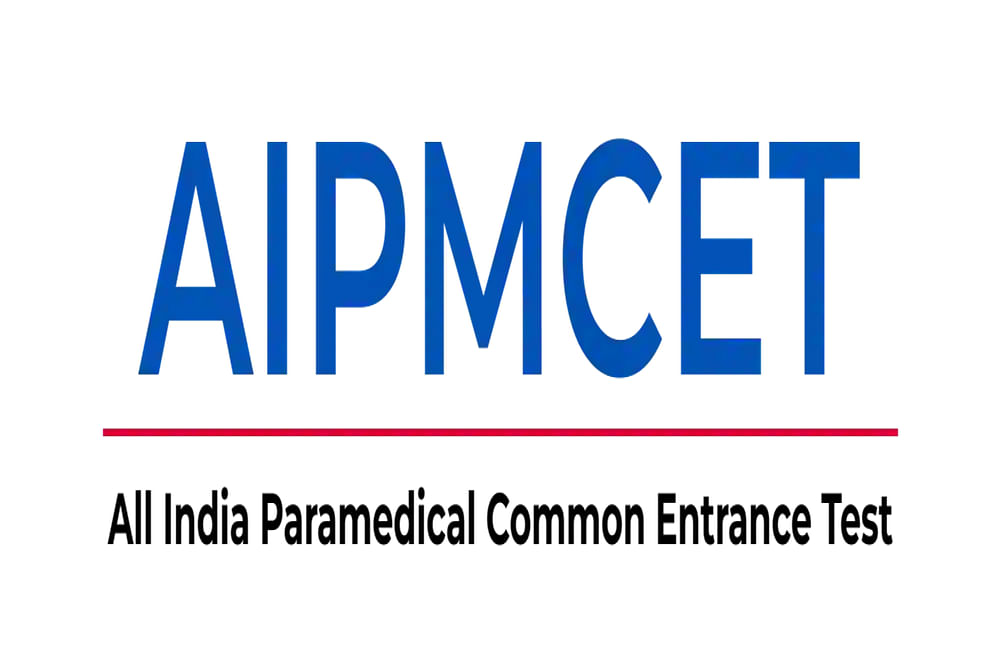
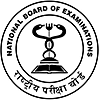
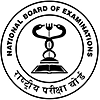









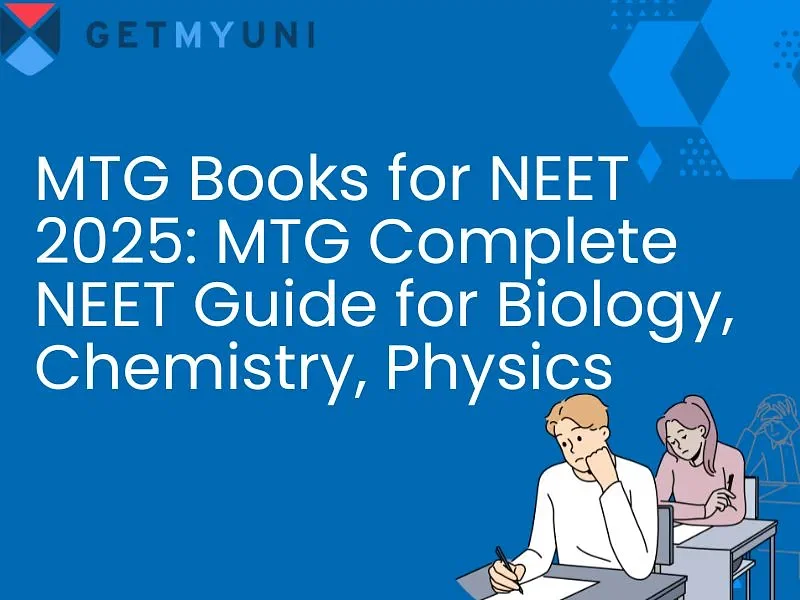





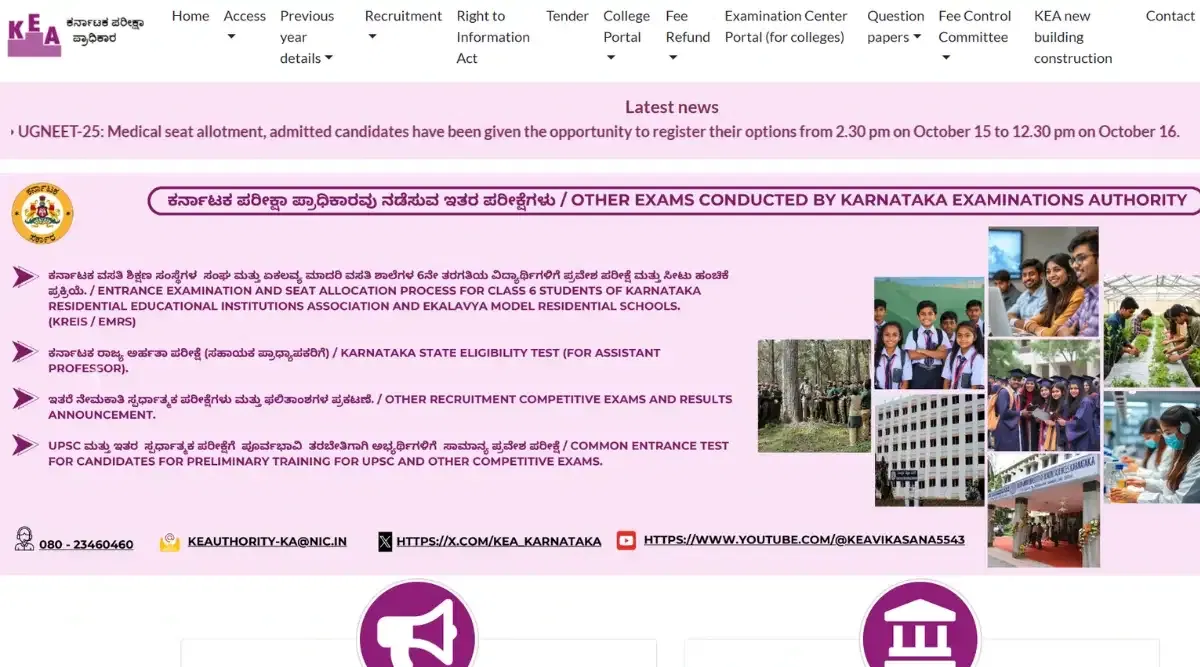
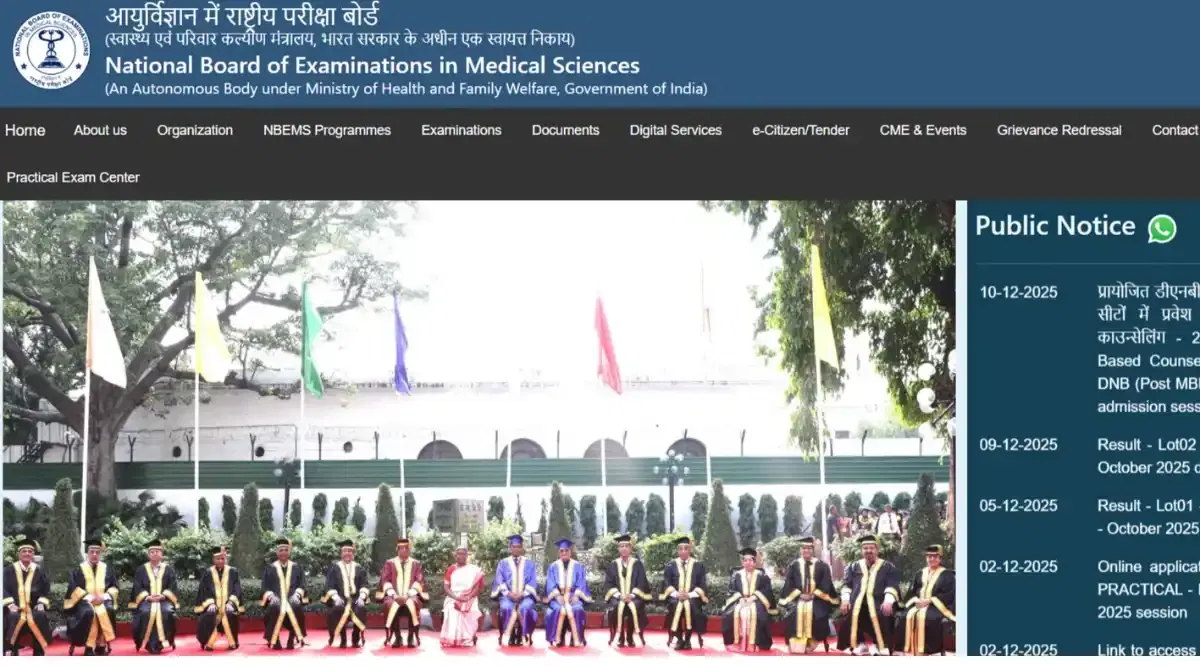
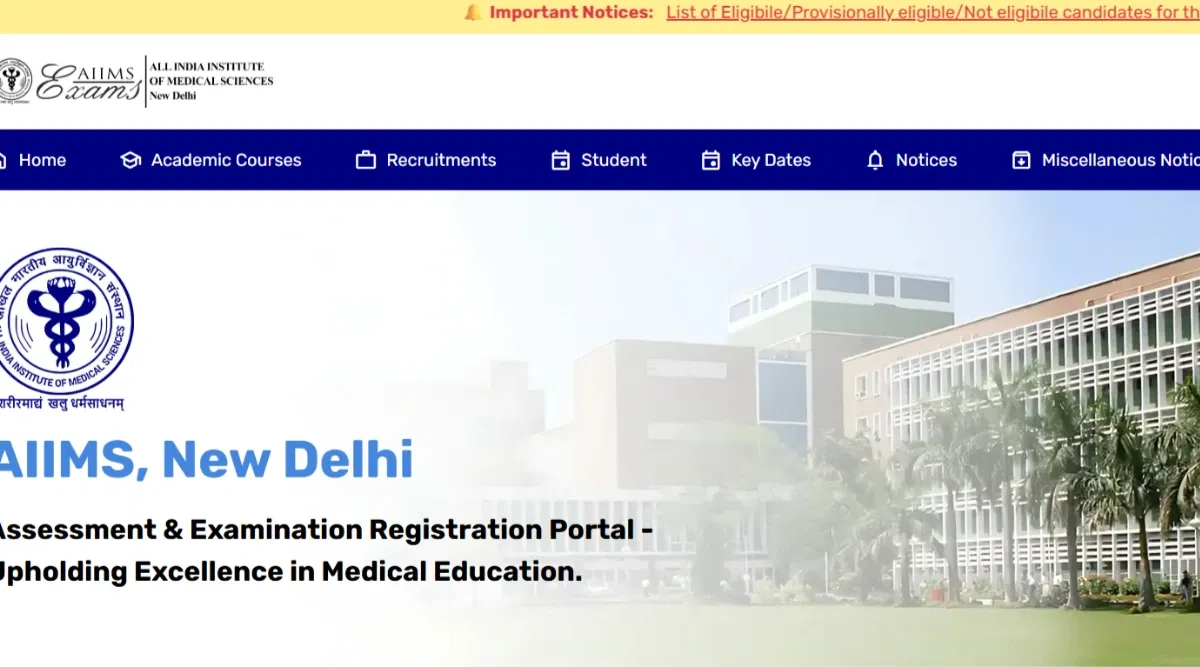

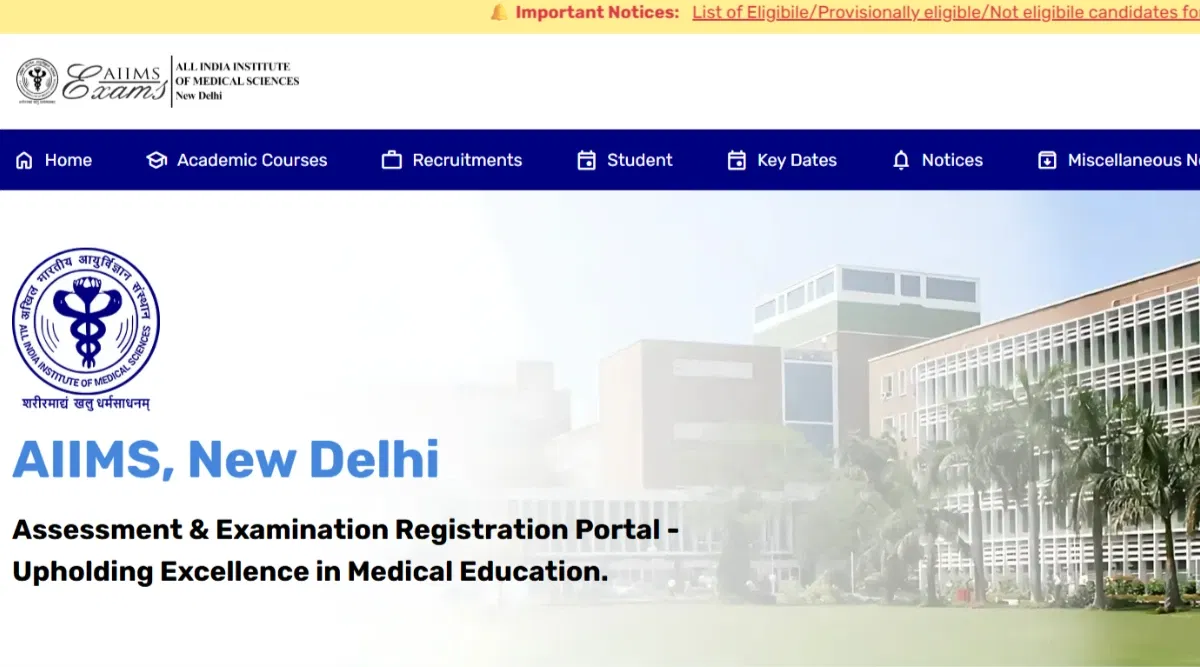




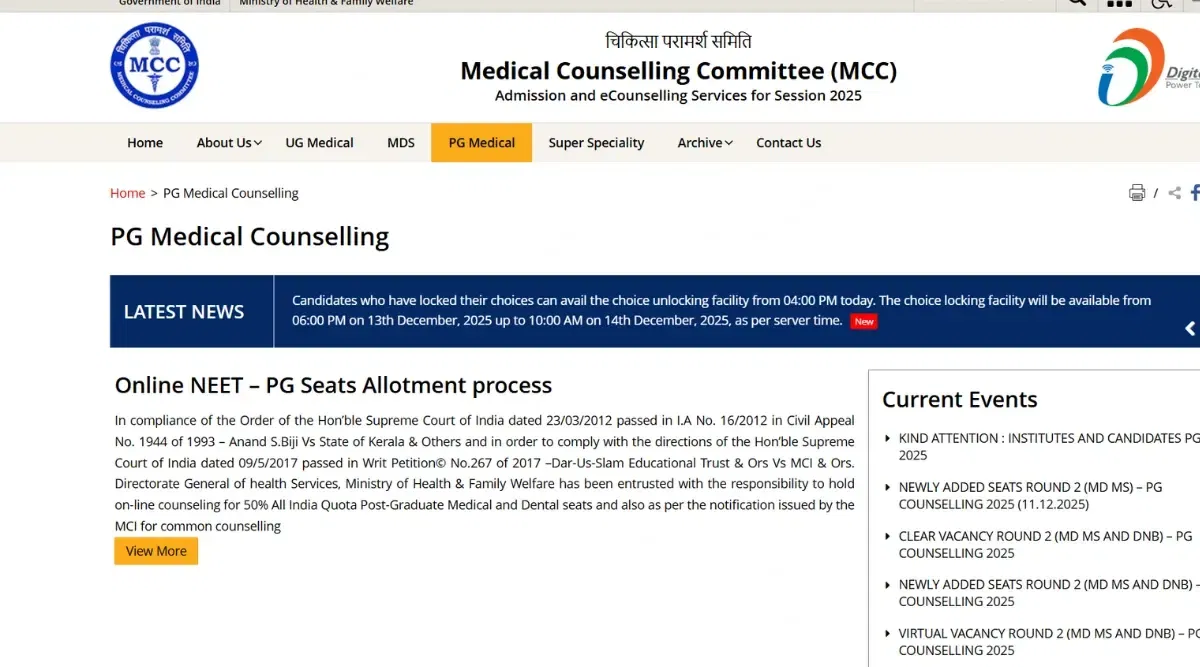

POST YOUR COMMENT